Chuangxin Road, High-tech Zone, Xi'an City, Shaanxi Province, China
Titanium In Chemical Industry
In chemical industry applications, titanium can be used as a corrosion-resistant material instead of stainless steel, which plays a very important role in extending the service life of equipment, reducing costs, preventing pollution, and improving efficiency.
The notable feature of titanium is its strong corrosion resistance. This is because titanium has a particularly high affinity for oxygen and can form a dense oxide film on its surface, which can protect titanium from corrosion by the medium. Titanium metal can form a passivating oxide film on the surface in most aqueous solutions. Therefore, titanium has good stability in acidic, alkaline, neutral salt water solutions and oxidizing media.
Titanium alloy materials in the chemical industry are mainly used in distillation towers, reactors, pressure vessels, heat exchangers, filters, measuring instruments, turbine blades, pumps, valves, pipelines, chlor-alkali production electrodes, synthesis tower linings and other acid-resistant equipment Lining etc.
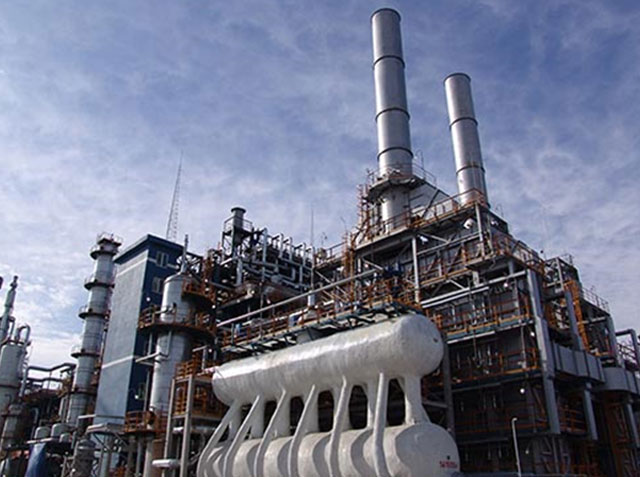
Chlor-alkali Industry
Titanium has good economic effects when used in the chlor-alkali industry. Including the production of chlorine, oxychloride, pesticides, drift powder, etc. In the production of chlorine, titanium equipment and pipelines account for almost a quarter of its total mass. Such as metal anode electrolyzers, ion membrane electrolyzers and anolyte pumps, tubular wet chlorine coolers, chlorine wastewater dechlorination towers, chlorine cooling scrubbers, refined brine preheaters, vacuum dechlorination pumps and valves, etc. .
Soda Ash Industry
Titanium's corrosion resistance to Cl- is better than stainless steel and other non-ferrous metals. In soda ash production, titanium materials are mainly used in crystallization external coolers, distillation tower top ammonia condensers, ammonium chloride mother liquor heaters, flat plate heat exchangers, umbrella plate heat exchangers, carbonization tower cooling tubes, and carbon dioxide turbine compressors. Rotor impeller, lye pump, etc.
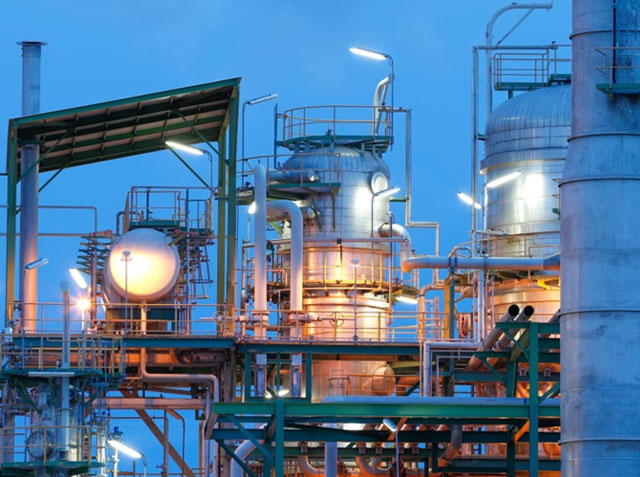
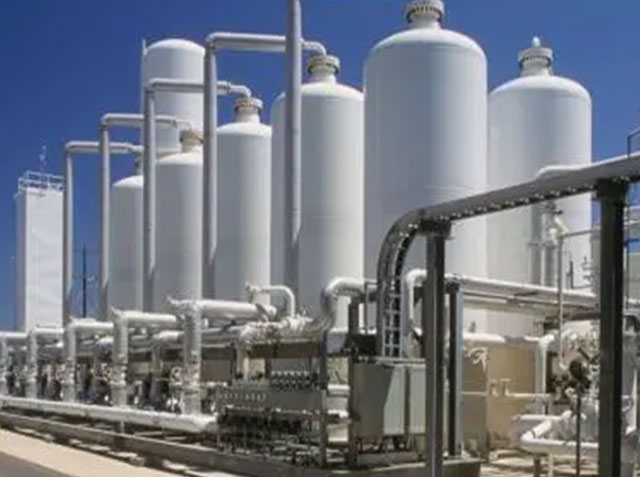
Vacuum Salt Production
In the vacuum salt making system, anti-corrosion is a key issue for the equipment to operate normally for a long time. The use of titanium and titanium alloy materials is a very effective anti-corrosion method, such as titanium ammonia evaporator, titanium preheater, titanium precooler, titanium flange, titanium tube plate, titanium pump casing and titanium elbow, etc.
Petrochemical Fiber
At present, some titanium equipment has been used in the manufacturing of polyester, nylon, vinylon, etc. The application of titanium equipment has played a certain role in promoting safe production, improving product quality, preventing premature corrosion and failure of stainless steel, and extending service life. Extend equipment life and improve comprehensive economic benefits.
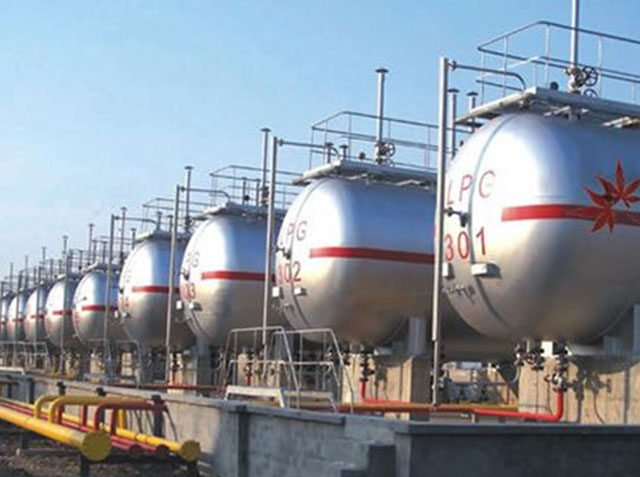
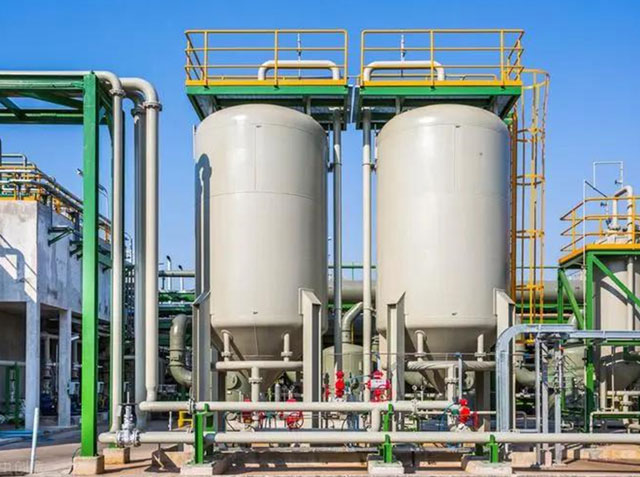
Fine Chemicals
The industrial raw material of propylene oxide plant is a highly corrosive medium. The two main raw materials used in PO production are liquid chlorine and propylene. These strong corrosive media lay the corrosion foundation for PO production equipment and pipelines. Production under such process conditions, such as carbon steel, Al, Cu, Ni, stainless steel No other metal can resist corrosion. Only titanium is an ideal corrosion-resistant metal material.
Inorganic Salt Industry
Inorganic salts mainly include chlorates and potassium salts. Titanium chlorate equipment mainly includes electrolytic cells, titanium anodes, reaction generators, evaporators, etc. Approximately 15 tons of titanium materials are needed for every 10,000 tons of sodium chlorate. Potassium salt products include potassium chloride, potassium sulfate, potassium nitrate, potassium carbonate, etc. Titanium equipment is required for evaporators, preheating tanks and coolers in the production of potassium nitrate and potassium carbonate.
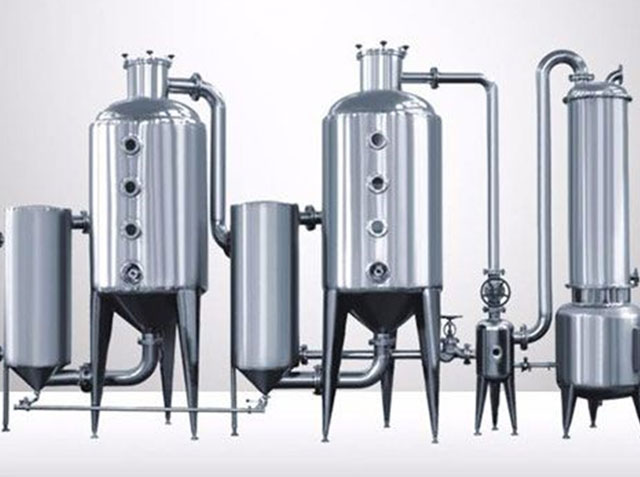
ENTORUST CERTIFICATION
We are follow the quality system and standards strictly.approvals from most leading OEM’s across Aerospace, Medical, Industrial, and Oil and Gas markets.
.jpg)





